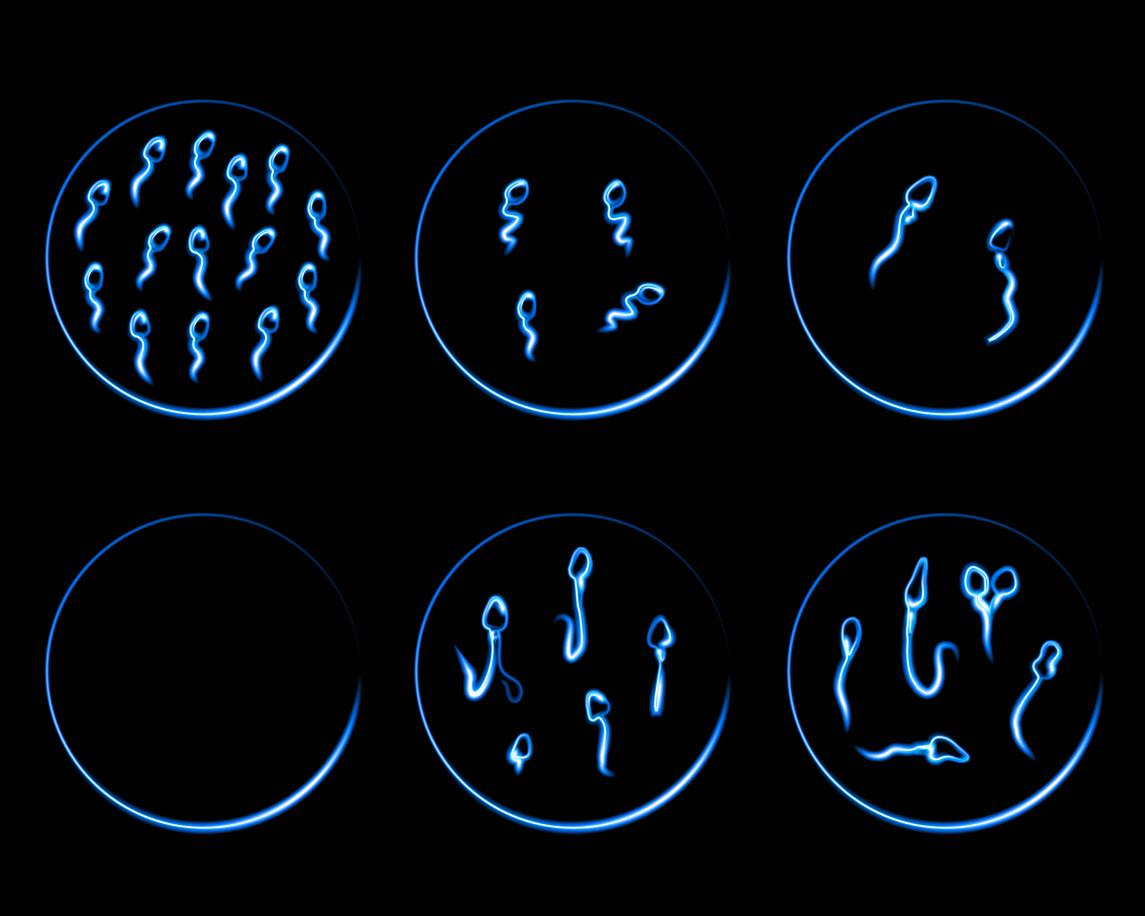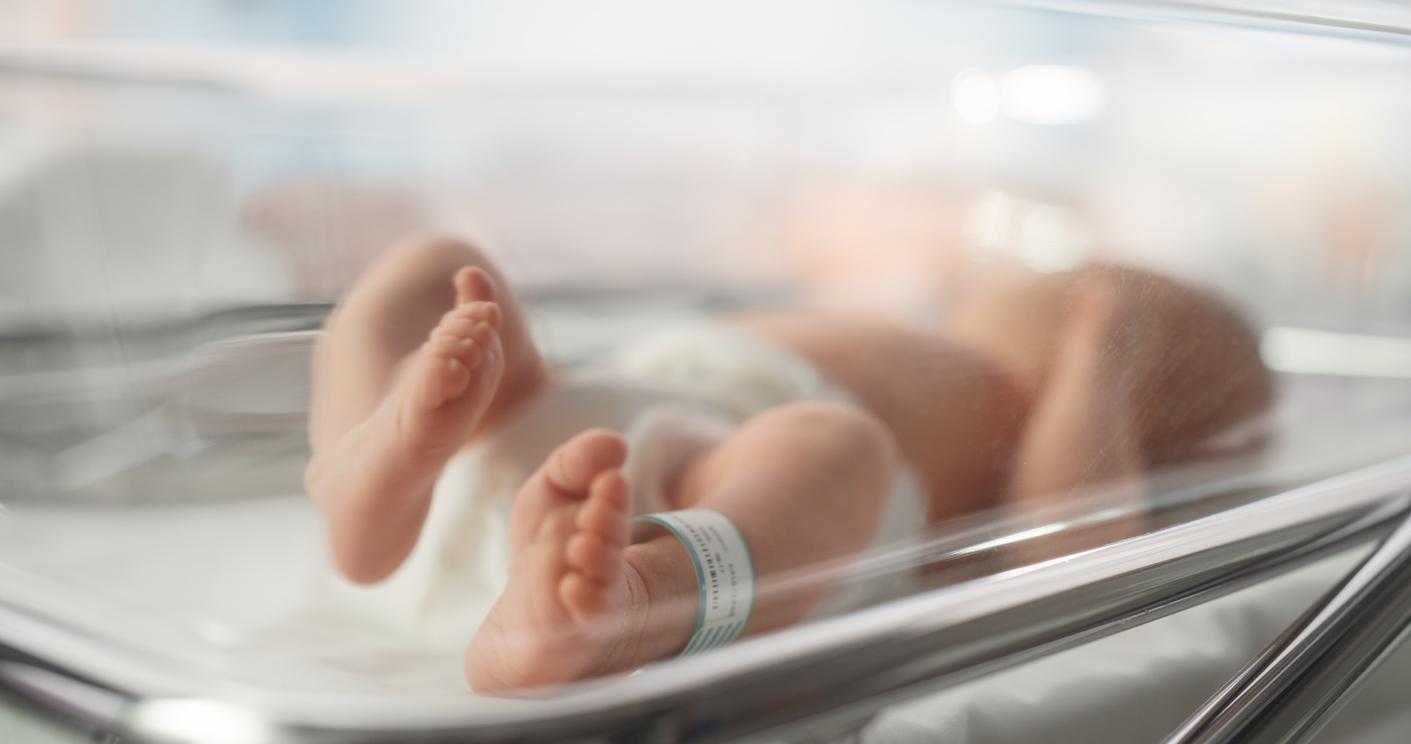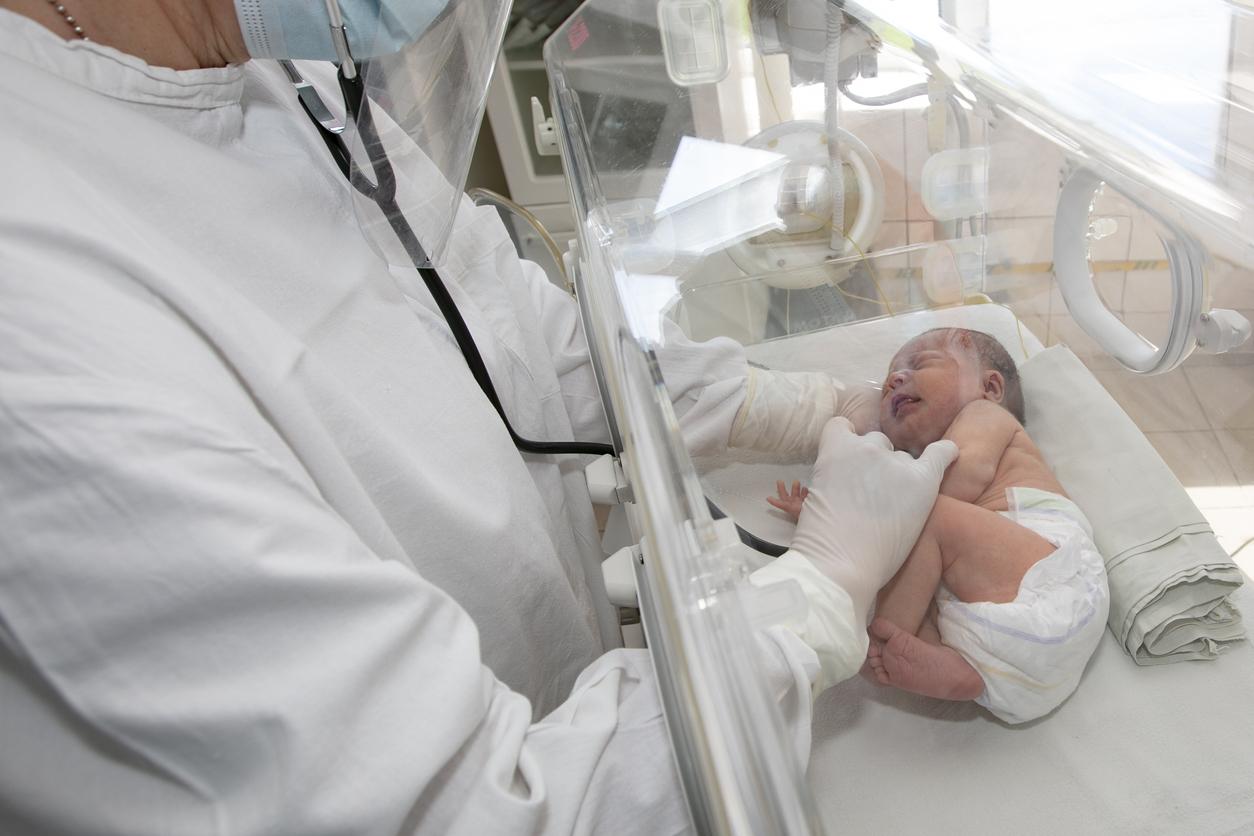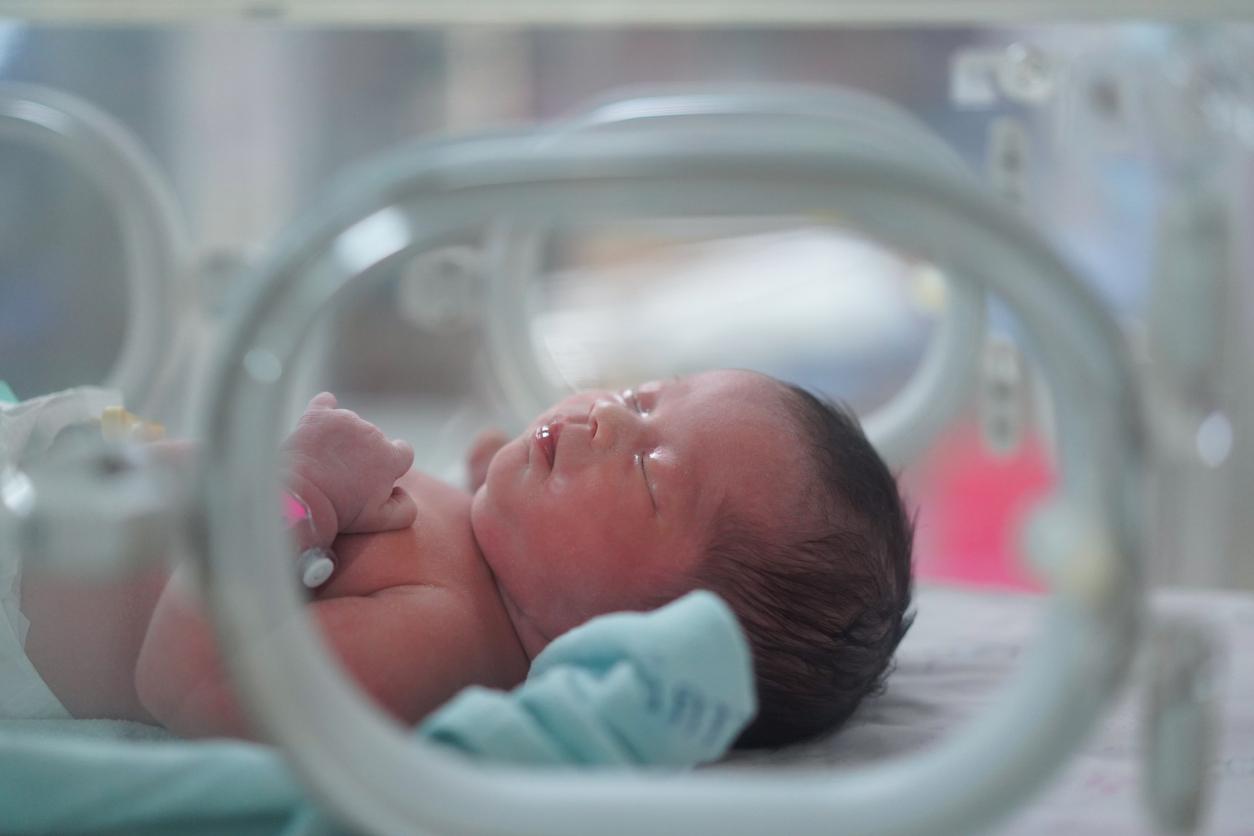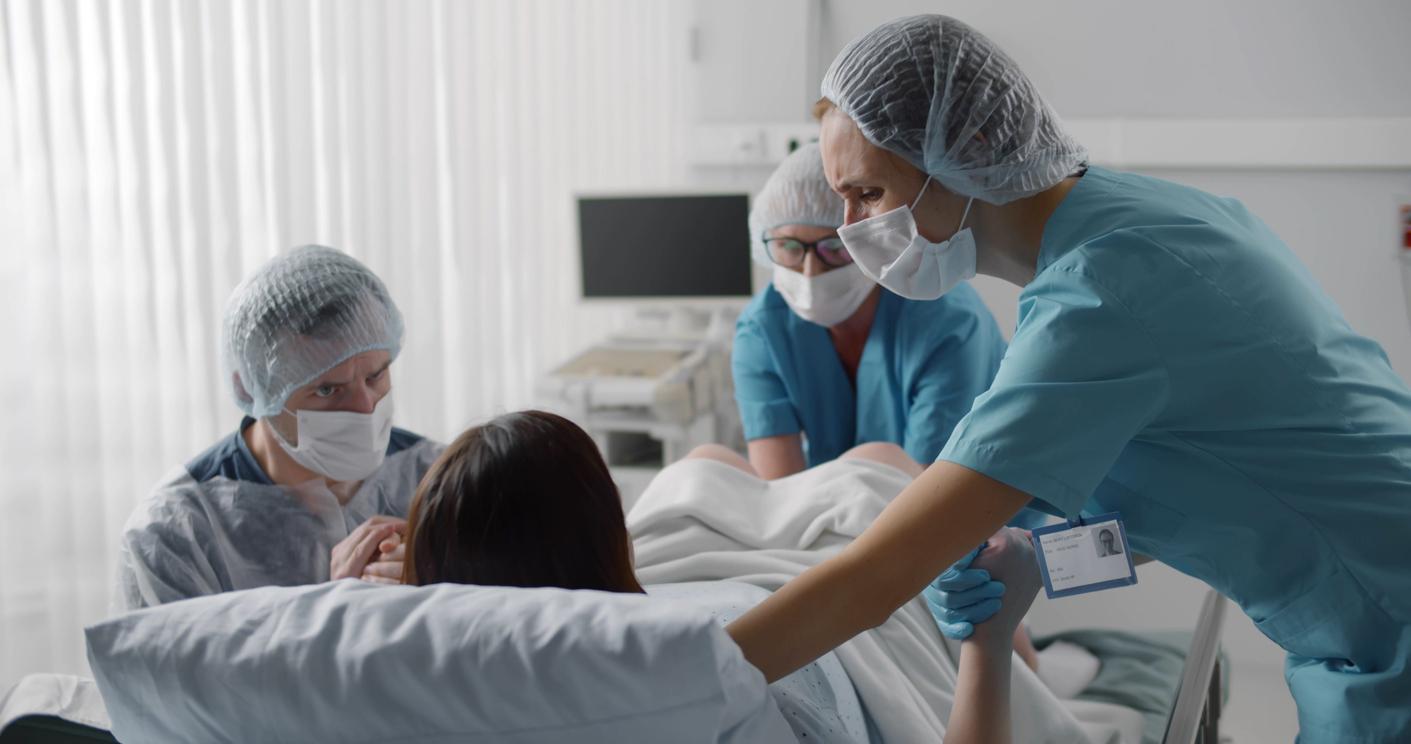Unlike Germany, Belgium, Switzerland, Italy and Great Britain, France did not yet host birth centers. But last December, a law authorized their creation on an experimental basis for 2 years. When the law was promulgated, the High Authority for Health (HAS) was entrusted with the development of their specifications. This document must allow all birth centers which will open in France to respect the same criteria of quality and safety of care.
How will the birth centers be organized?
The law provides that these structures are associated by convention with a health establishment authorized for the activity of gyneco-obstetrics. The birth center must be adjacent to the establishment. Direct access is provided in order to quickly transfer the mother and / or the child in the event of a complication.
The birth center will be run by the midwives (at least two) who work there.
Who can go?
Childbirth by a midwife in a birthing center is reserved for women at low obstetrical and fetal risk for pregnancy and at the time of childbirth. A “low-risk” pregnancy is a pregnancy which does not present any risky situations a priori. It is preferable to register in a birth center at the start of pregnancy with a maximum registration deadline of 28 weeks of amenorrhea.
Who will monitor the birth centers?
The birth centers will have to submit a follow-up of their activity with an annual report sent to the Regional Health Agency (ARS) and to the General Directorate of Care Provision (DGOS). After two years of operation, the various regional health agencies will carry out an assessment of the operation.
The list of birthing centers authorized to operate on an experimental basis should be drawn up at the end of the year by the Ministry of Social Affairs and Health. Initially, around ten “pilot” houses should be authorized to welcome expectant mothers.










